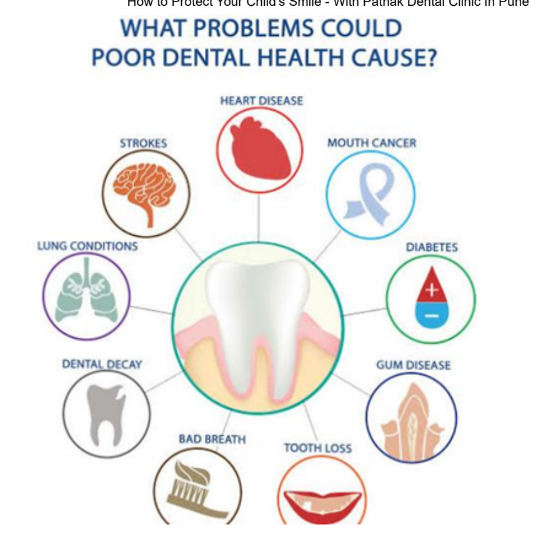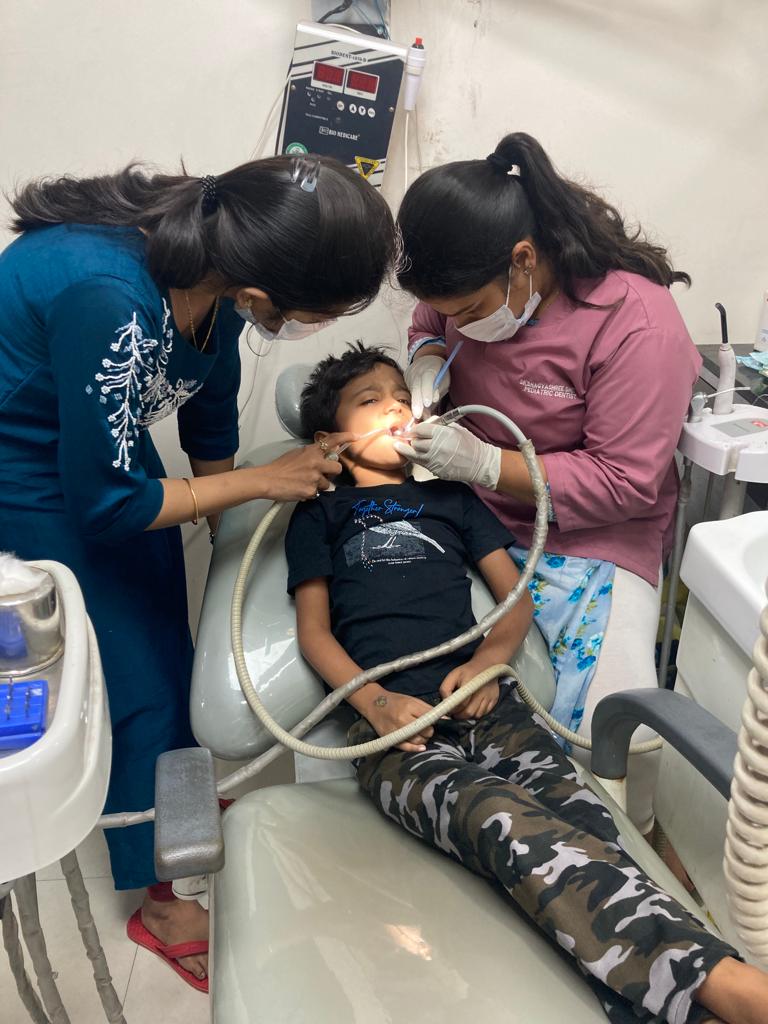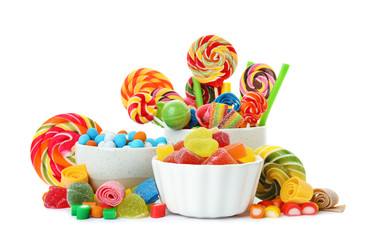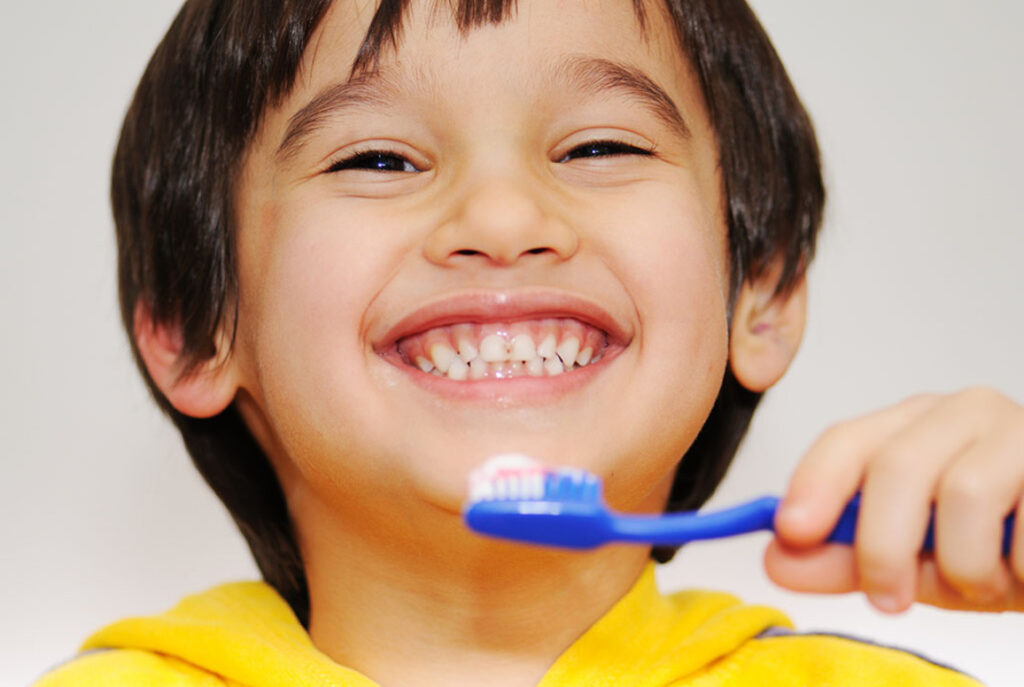Introduction:
Maintaining a child’s dental hygiene is the responsibility of parents. Healthy and hygienic teeth lead to good oral health as teeth are important for chewing and eating. The oral cavity contains millions of microorganisms and can hamper one tooth. It leads to diseases such as the common enemy, caries. Proper oral hygiene protects our teeth. It leads to a good eruption of permanent teeth. Your child’s overall health and oral hygiene are interrelated And It’s like a cycle that should be maintained.
How to look after your child’s health:
Parents must take care of their child’s oral hygiene And they should slowly start to teach them to take care of themselves. Our teeth are important for chewing and eating. They also perform the function of breaking down large food particles into smaller ones. Children are not aware of the harm. They might cause to their teeth. Any accident or trauma may lead to problems that they will face for their entire life.
Routine or habits that will protect your child’s oral health
Babies who do not have teeth are dependent on breastfeeding. Parents of such babies should wipe their gums with a neat and clean cloth after breastfeeding And before going to bed. This small activity Will clean your child’s gums and will protect them from bacteria and sugar that they get from their mother’s milk.
When the first teeth appear in the oral cavity, brushing should be started twice a day with a toothbrush having soft bristles. Till three years of age, all milk teeth erupt. The use of toothpaste should be started from this age. A small amount of toothpaste should be taken Not more than the size of a grain. Proper brushing techniques should be taught to kids. Covering all the surfaces of teeth, the Circular Motion of a toothbrush, Cleaning the tongue, and so on.
Children will require parents’ help for brushing until the age of 7 Or 8. The toothbrush is supposed to be changed after three to four months of use.
Flossing is also an important technique Which children can perform. Help your child with flossing every day. Flossing cleans the debris that forms Between neighboring teeth. The tongue is responsible for bad breath And it is a very important reason why it should be kept clean. Tongue cleaners are available in the market. Brushing, flossing, and cleaning are three mantras that Will help you keep your child’s oral cavity healthy and hygienic.
All these habits will keep your child healthy and away from diseases.
Habits that will cause diseases in children:

There are several habits that may cause diseases in children.
Read More: A Dentist for Kids? Here Are Reasons Why You Should!
They are as follows:
- Diet –
Diet is an important aspect of oral health as well as one’s overall health. Excessive intake of sugary products like chocolate, jellies, and ice cream contributes to cavity formation.
Consumption of drinks having high levels of sugar and harmful ingredients as in soda and sweetened drinks should also be avoided.
- Feeding habits –
Late-night consumption of food is risky as it builds up plaque, microorganisms, and debris which triggers caries formation.
Improper feeding habits and prolonged use of feeding bottles can lead to a disease called “nursing bottle caries/baby bottle tooth decay.
Baby bottle tooth decay:
- It is usually seen in toddlers.
- It affects milk teeth.
- Poor oral health is the main reason behind this disease.
- It covers both the front and back of the tooth.
- In severe cases, a complete tooth is affected.
- Liquid food containing sugar such as breast milk and solution is given prior to bedtime causing this sugar to stay overnight and then it gets converted into acid.
- with the help of germs which contribute to caries formation.
Rampant caries:
Caries that spread suddenly across the mouth damage the nerves within the teeth are considered rampant.
Causes:
- Feeding of sweetened milk overnight.
- Sweetened pacifier with jellies.
- Sugar-containing diet.
Symptoms:
- Pain in the tooth region.
- Infection
Dental trauma:
Injury to teeth, gum, and surrounding tissues due to accident will cause fracture of teeth. There’s a strong possibility of infection in the future.
Symptoms:
- Pain around the fractured region.
- Infection in gums.
- Pain while eating.
FLOURIDE APPLICATION
- It can be done in both children and adults.
- Fluorides are used to control cavities.
- Fluorides are usually present in natural resources of water like tap water, and
- river water and it helps in the process called mineralization of water.
- The fluoride application can be done by two methods
Tropical Systemic
You can ask your dentist to perform fluoride application technique on your child’s teeth.
Tropical:
Fluorides are directly applied to the teeth’ surface.
At the initial appointment, the dentist will clean the child’s teeth with a liquid called as pumice slurry.
The dentist will now air dry teeth and will apply 2% NAF ( sodium fluoride) with a cotton solution and leave it to dry for 3-4 minutes.
The procedure is completed in 4 visits.
Systemic fluoride:
Fluoride is obtained from natural resources. It is important for our teeth.
It usually flows through one’s bloodstream.
Sealant application:
- It is a coating painted on the surface of the teeth structure to prevent cavity formation.
- It bonds with teeth structure and forms a protective layer on the outer surface of teeth called enamel.
- Every tooth structure is properly cleaned and with the help of cotton, sealant is applied.
- It can protect one’s teeth for around 10 years.
When to visit your nearby dentist:
- If you observe a black patch, hole, or cavity in your child’s mouth then u should take him to a dentist.
If your child complains of pain. - Any accident or injury causing fracture of tooth structure.
- When your kid is avoiding food because of pain and sensitivity.
- If your child has any soft tissue covering his/her tooth surface.
- When your child’s milk teeth fall off before the actual age.
- Improper alignment of teeth.
- For the treatment of Flouride application or sealant application in order to avoid cavities.
For any dental issue or dental-related problem, you can visit us on our website www.pathakdentalclinic.com, or call us at @9762126132
Address: 11/11 Akurdi Chikhli Road, Near Dwarka Collection, Kasturi market, Sambhaji Nagar, Thermax Chowk, Below Nutan Jewellers, Chinchwad, Pune,
Pimpri-Chinchwad, Maharashtra 411019



